Nicole Creanza
-
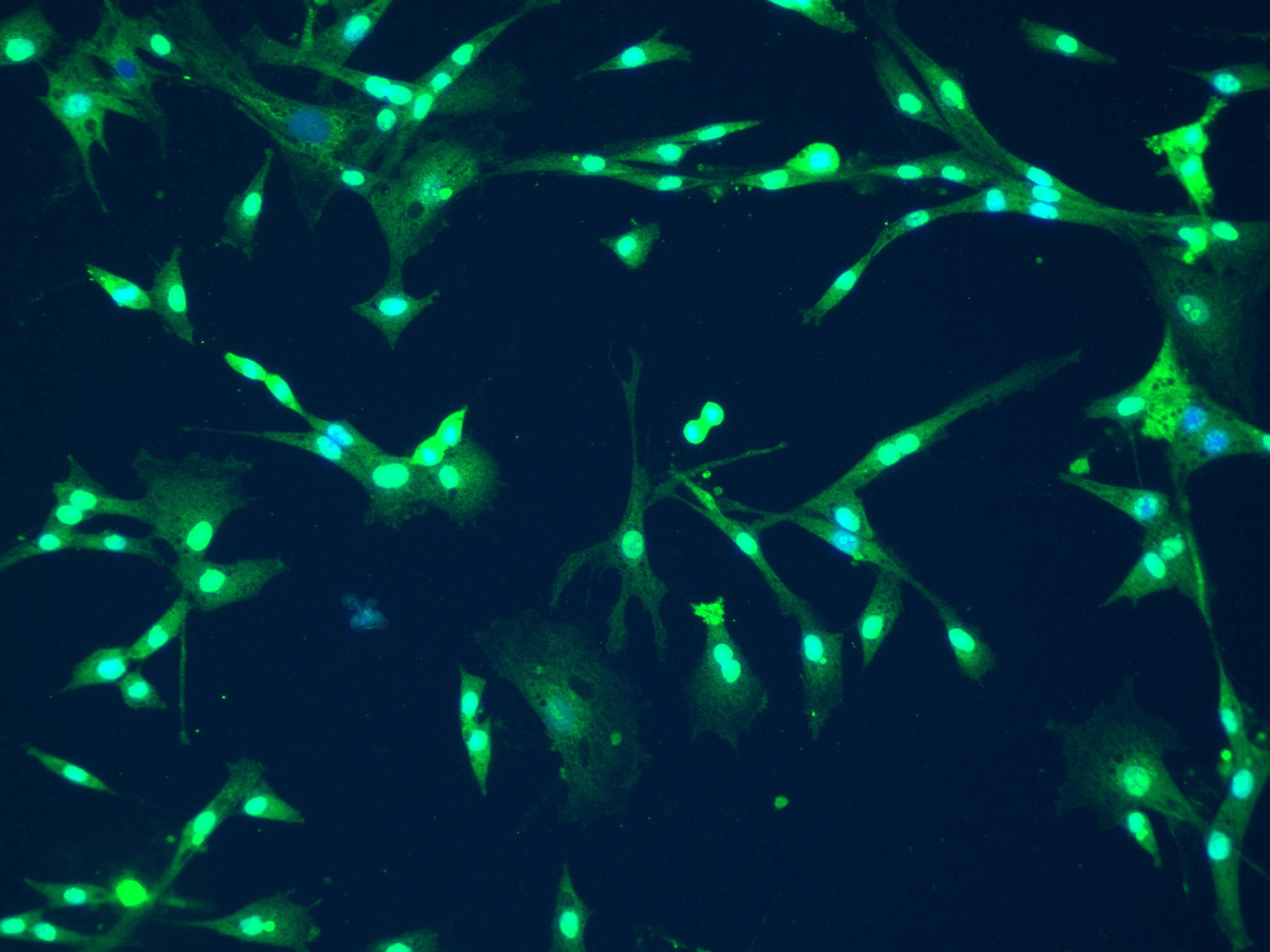
Vanderbilt biologist receives $1.3M Keck grant to study what birds’ longevity could mean for human aging
Pet parrots often outlive their owners, and Vanderbilt researchers want to know why—because uncovering the biological mechanisms behind exceptional longevity could one day help safely extend the lives of humans. With the support of a new $1.3 million grant from the W.M. Keck Foundation, Vanderbilt biologist Gianni Castiglione is taking a bold approach to aging research: reverse-engineering how birds live three to four times longer than similarly sized mammals to identify safe, effective genetic targets for human aging therapies. Read MoreJul 16, 2025
-

Genes + culture: Exploring how our first language is echoed in our genes
A person’s native language is often referred to as their “mother tongue.” But does a first language always come from your mother? In a new study conducted by Associate Professor of Biological Sciences Nicole Creanza, postdoctoral student Yakov Pichkar,... Read MoreNov 21, 2024
-
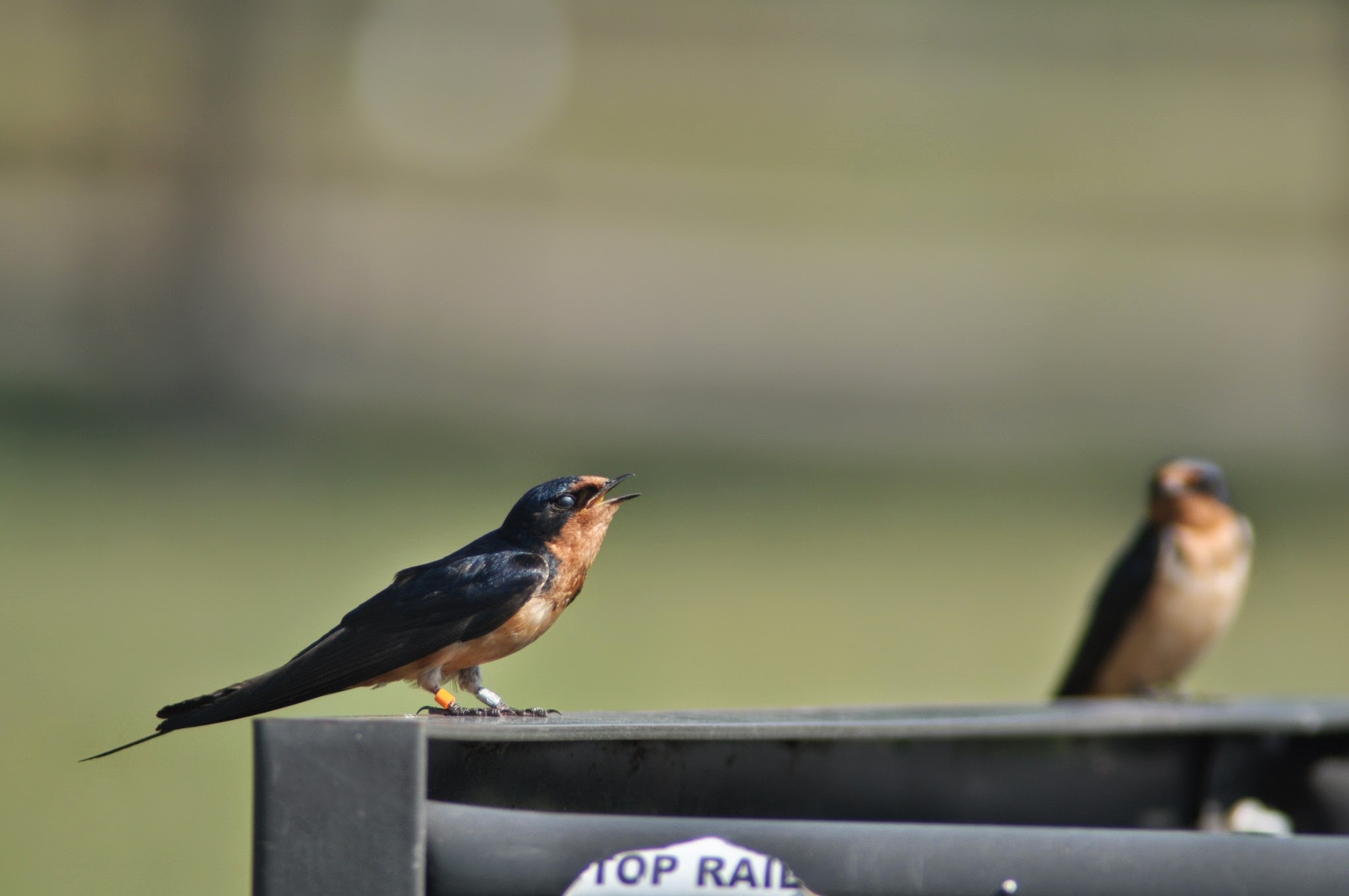
Heard that Bird: Creanza Lab develops free curriculum to teach birdsong identification
The Creanza Lab, along with alumnus Matt Wilkins, BA’06, created a birdsong identification lesson plan for middle and high school students. The game show lets participants identify which birds they can hear in various pop culture media, such as movies, music, or video games. Read MoreJul 2, 2024
-
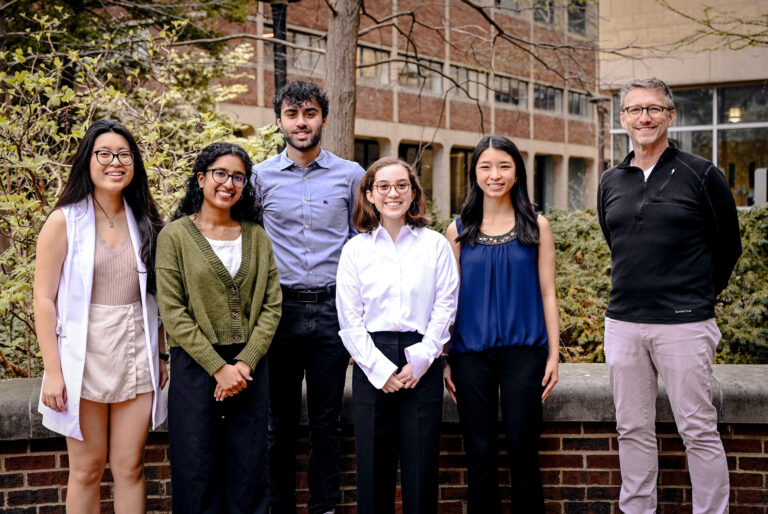
15 years of the Beckman Scholars Program: Providing unparalleled undergrad research opportunities
The highly selective Beckman Scholars Program is celebrating 15 years of partnership with the College of Arts and Science. Over the years, the Arnold and Mabel Beckman Foundation has provided more than $543,000 in support of 23 undergraduate Beckman Scholars at Vanderbilt who engage in unique, hands-on, mentored research. Read MoreApr 3, 2024
-
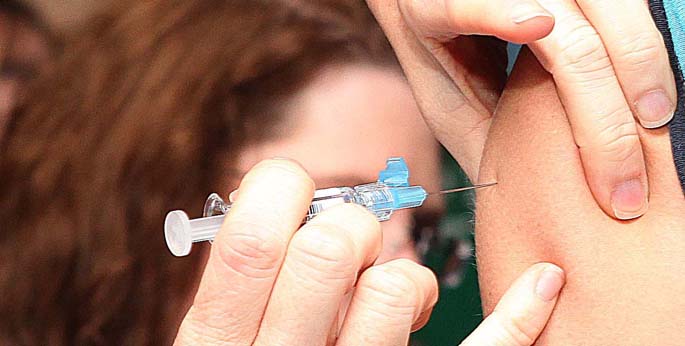
Biological scientists find that external factors impact vaccine belief-behavior predictions
Widespread trust in vaccines often leads to higher vaccination rates, but vaccine shortages can deter even those with confidence in vaccines. Furthermore, while vaccine mandates can create an appearance of universal vaccination, people may remain hesitant, resulting in lower compliance than anticipated. Read MoreOct 5, 2023
-

Evolutionary biologists determine that culture shapes genetics within, not just between, populations
Nicole Creanza and Yakov Pichkar explore whether subtle cultural differences within a language mirror genetic structure within a population. The answer: Even small cultural differences like dialect can influence the spread of people and genes. Read MoreJun 29, 2023
-
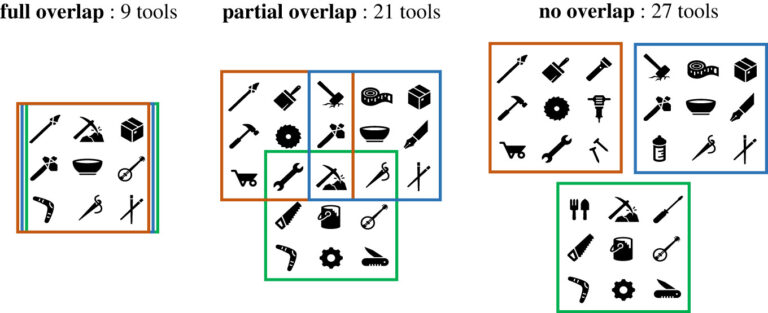
Vanderbilt Biologist investigates specialization and its impact on cultural evolution
The cultural evolution of a population depends not only on size but also on the degree of specialization within a population, according to a new study published last month by a team of scientists including Nicole Creanza. The study found that populations can increase their cultural repertoire by subdividing knowledge into smaller groups, but the total group must be sufficiently large for specialization to be advantageous. Read MoreApr 20, 2023
-
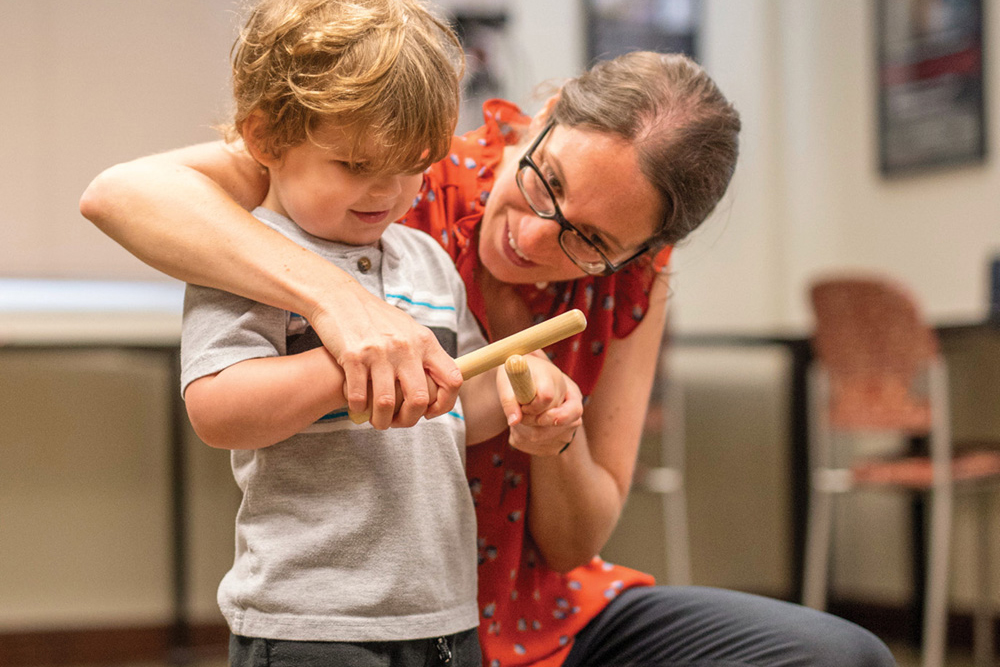
Mental Notes: Music Cognition Lab is dedicated to the scientific study of how music affects the brain and behavior
The past decade in particular has been marked by a dramatic increase in music cognition inquiry, as about 100 laboratory groups around the world, including at Vanderbilt, are working across disciplines to understand music’s relationship to the brain, behavior and health, and to develop effective intervention strategies. Read MoreAug 5, 2020
-
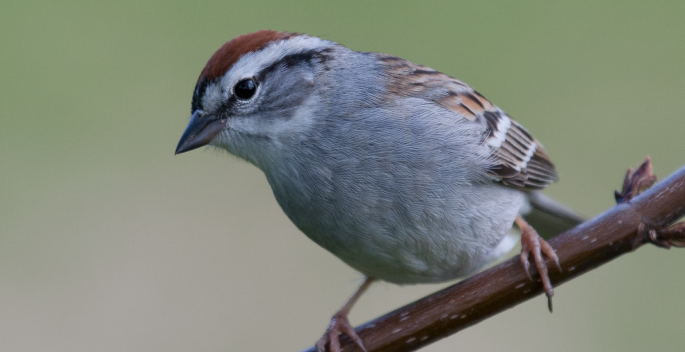
Vanderbilt lab develops app for analyzing crowd-sourced songbird recordings
With a new app from a team at Vanderbilt, birdsong researchers can better leverage crowdsourced fieldwork and audio recordings from amateur birders and citizen songbird scientists. Read MoreApr 20, 2020